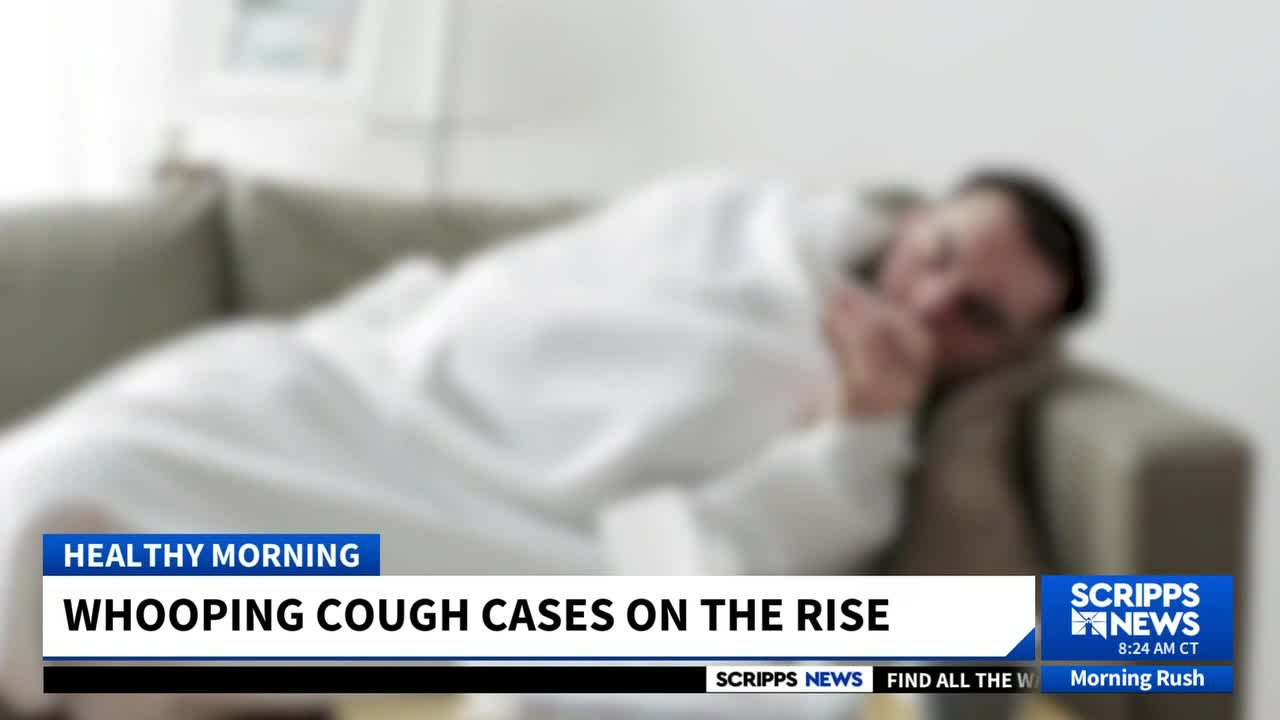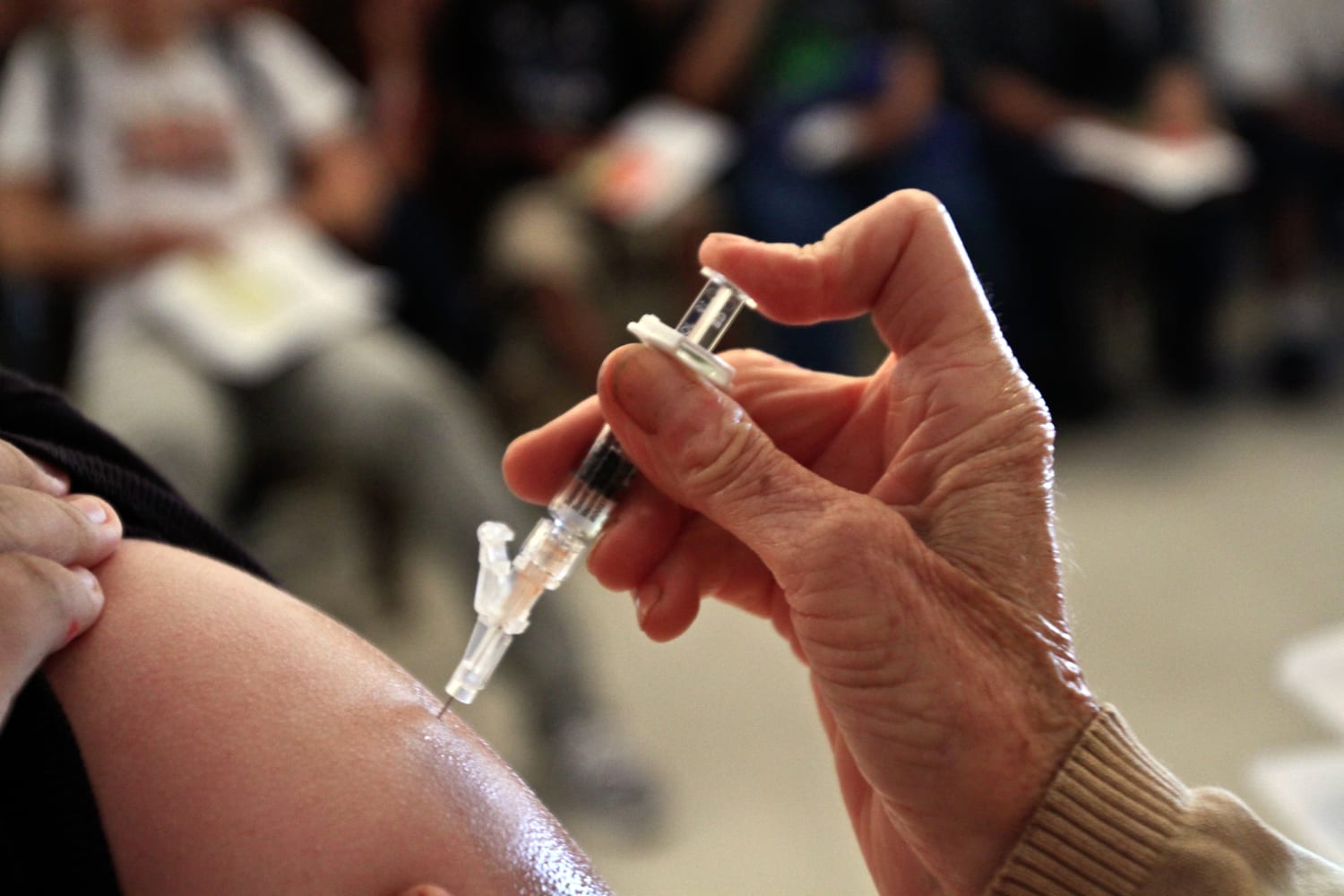Cases of whooping cough, also known as pertussis, are experiencing a significant rise in the United States, as highlighted by new data from the Centers for Disease Control and Prevention (CDC). As of October 12, 2024, there have been 18,506 reported cases, marking a stark increase compared to 3,382 cases at the same time last year. This fivefold increase raises concerns about the ongoing spread of this highly contagious respiratory illness.
Identifying whooping cough can be challenging due to its symptoms, which often resemble those of other respiratory infections. The illness typically begins with mild symptoms such as a runny nose, low-grade fever, and a tickly cough. After a week or two, the condition escalates to severe coughing fits that can be debilitating and painful, often leading to vomiting or even broken ribs. During these fits, a characteristic “whooping” sound can be heard as patients struggle to breathe.

While antibiotics are effective in treating whooping cough, they must be administered early, ideally within the first few weeks of infection, to prevent the onset of severe coughing. Once the intense coughing stage begins, treatment focuses primarily on providing comfort through rest and hydration, as the body fights off the infection naturally. This underscores the importance of early detection and intervention.
Whooping cough can pose serious risks to individuals of all ages, but it is particularly dangerous for infants under one year old, whose immune systems are still developing. Many infants may not exhibit typical coughing symptoms and instead experience breathing difficulties. Those who have not received all their recommended vaccinations are at an even greater risk for severe complications, including pneumonia and, in rare instances, encephalopathy.
To combat the rise in whooping cough cases, vaccination remains the most effective preventive measure. The CDC recommends that children receive the DTaP vaccine, while adolescents and adults should get the TDaP vaccine to maintain immunity. Given the contagious nature of the illness, particularly in communal settings like schools and childcare centers, ensuring that everyone is vaccinated is essential for protecting vulnerable populations, especially young children.
